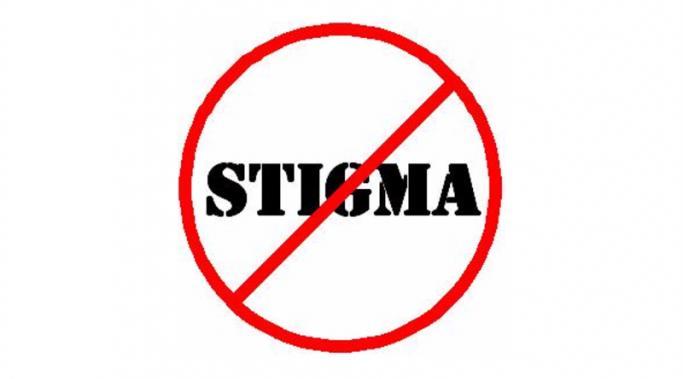What a piss-off of a title, right? Sorry! Feel free to skip to some of my more lighthearted posts: I think I have one involving flying a kite and eating three meals a day. But we cannot pretend that living with a mental illness is smooth sailing; it can ruin your life if not treated properly.
Recovering from Mental Illness
I wrote a blog a couple of weeks ago-- "Mental Illness--Acting on Impulse!"--but this post is different. I am not focusing on impulsive behavior such as overspending, abusing drugs and alcohol and self-medicating moods. I want to talk about acting on emotions.
Loved ones of those with a mental illness want to understand and help however they can. And I assume those who read my blog are not just those who are diagnosed and living with a mental illness, but also people who are trying to understand the complexity of mental illness--readers who wonder how they may be able to help a person they love. A person that is struggling. There are ways to help even though you cannot understand someone with a mental illness--not really.
Mental illness carries stereotypes--no kidding!--these stereotypes lead to stigma, stigma leads to discrimination. It is a nasty cycle that is lessening with the passing years but exists nonetheless.
So, what is a case study? Let's refer to Wikipedia--Wikipedia knows everything, right? It can even define feelings!
When I read the heading of this post, the words mental illness and addiction sort of mold together, like a candle, dripping wax into the same spot. Mental illness and addiction go hand in hand--those diagnosed with a mental illness have a much higher incidence of addiction, this is known in the psychiatric community as co-morbid illness. Fancy words to apply to the content of this post.
I could write a million posts (granted my hands might hurt, my head even more) on how frightening life, before being diagnosed with a mental illness, is.
First, let me pull out my Thesaurus (I have not done this for. . .a month? Two? Long overdue?) to define the word impulse and then we'll narrow it down a bit--a lot. We'll apply it to mental illness and shake the word up a bit.
In my last post The Experience of Depression: The Flip-Side of Mania I focused on both depression and, you guessed it, mania. I have a secret: I'm not feeling so great. I am clinically depressed.
The title of this post suggests that I am focusing exclusively on bipolar disorder and this might be true in content, but the symptoms and the experience described below are common within the spectrum of all chronic mental illness. It is a shared experience among those who are diagnosed--and not just with with bipolar disorder--highs and lows, in part, define mental illness.









